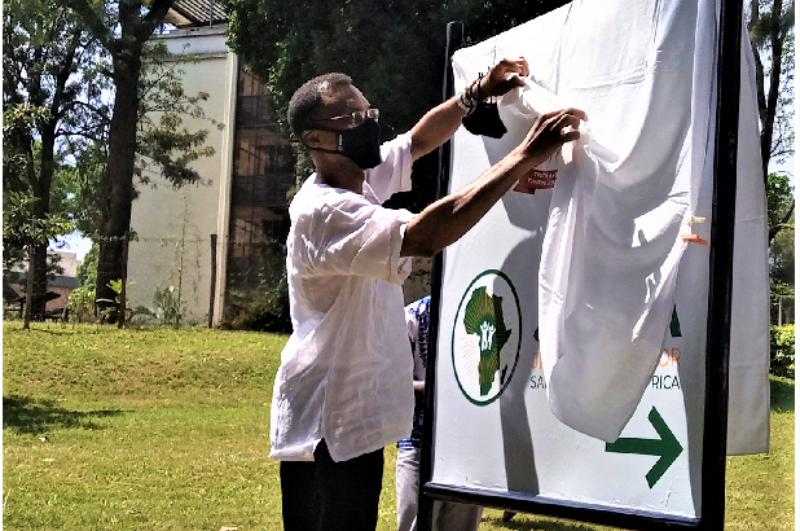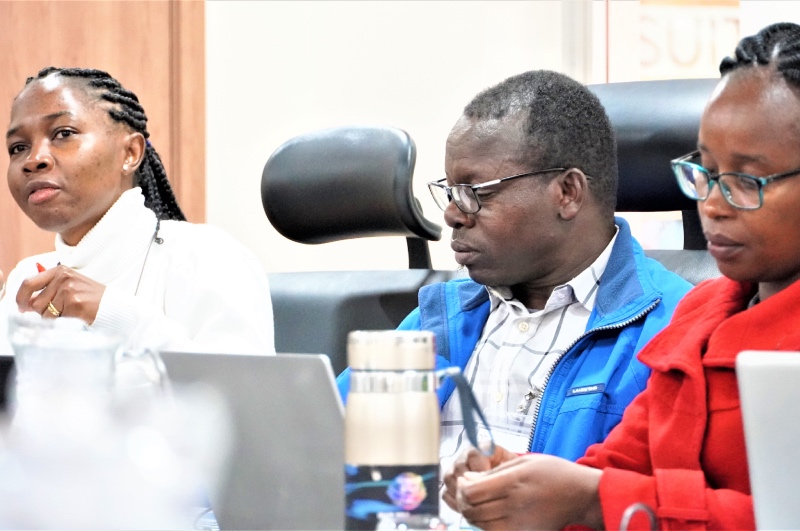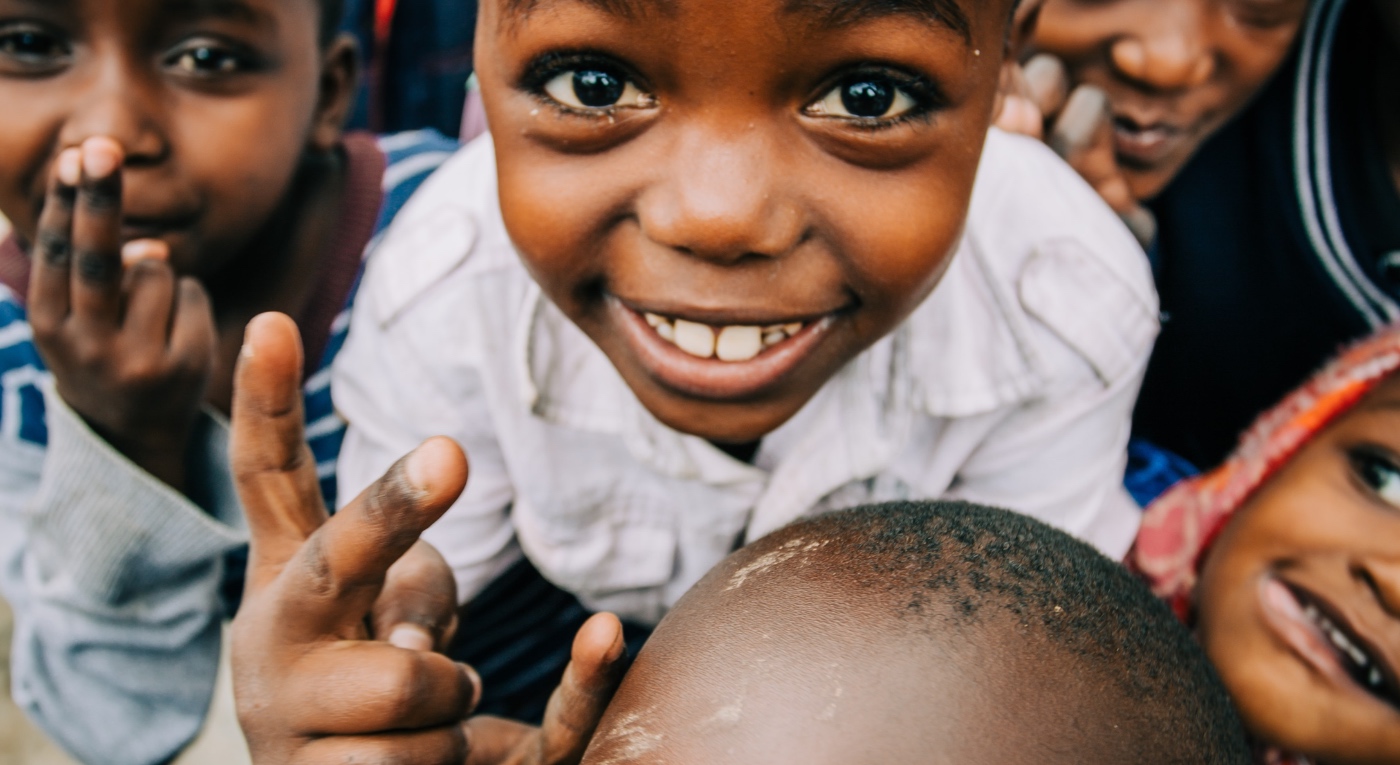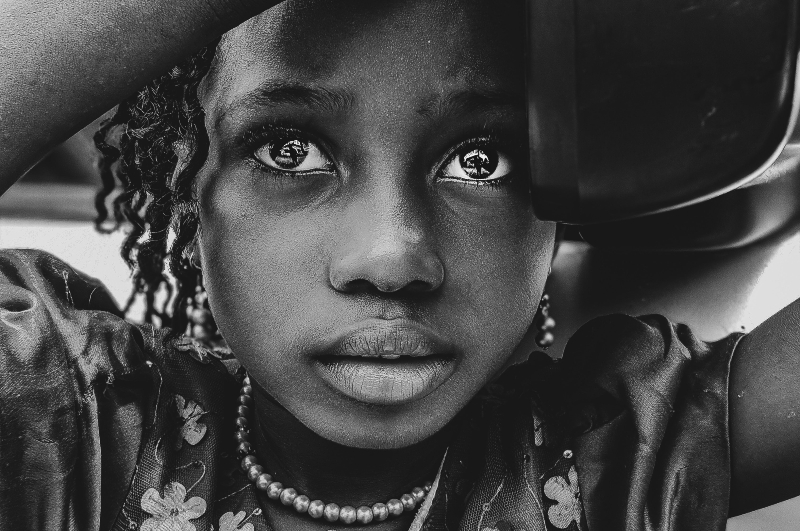

In our use of visual images, both photographic stills, and video, our overriding principle is to maintain respect and dignity in our portrayal of children, families and communities.
The Jesuit Conference of Africa and Madagascar (JCAM) strongly supports the United Nations Convention on the Rights of the Child, which makes the best interests of the child a primary consideration (Art. 3), states that every child has the right to privacy (Art. 16) and protection from all forms of exploitation (Art. 36). Whilst we acknowledge that images are an essential element in portraying our work to the general public and other constituencies and for raising funds, we strive to maintain the dignity of everyone with whom we work and will not use images that are disrespectful or demeaning.
Policy
In our use of visual images we adhere to the following principles:
1. We respect the dignity of the subject
We will always seek to ask permission when taking photographs or video footage of individuals. Consent for taking and using photographs and case studies will be sought from parents and those with parental responsibility or from the children directly when they are of sufficient age and understanding.
Special consideration will be given to photographs depicting children with disabilities, refugees and those in situations of conflict and disasters to accurately portray context and maintain dignity. Wherever possible, we explain to the subject the likely use of the images. We never take pictures of people who say they don’t want to be photographed.
2. We do not exploit the subject
We do not manipulate the subject in a way which distorts the reality of the situation (e.g., we do not ask them to cry for the camera). If necessary to protect confidentiality, the names of children and families will be changed. Never would a child’s full name and contact details be published.
3. We aim to provide a balanced portrayal of reality in the developing world
We show people helping and working for themselves, not as victims.
4. We use images truthfully
Case histories/descriptions are not fabricated, although they may be adapted or edited to preserve the dignity and confidentiality of the subject. Where possible, we use a balance of images (eg, positive and negative) to reflect the reality of a situation. We do not use an image in a way which deliberately misinterprets the true situation.
5. We maintain standards of taste and decency consistent with our values and those of our supporters
We do not use images which are erotic, pornographic or obscene. We do not make gratuitous use of images of extreme suffering.
Practice guidance
During the process of seeking consent the purpose of photographs and case studies should be explained and, if possible, samples of publications in which the photograph or case study may appear shown to parents and children, preferably by a local staff member known to the family. The process of explanation and seeking of consent described should apply to photographs and also case studies used for the website.
Policy on use of visual images in PDF {Download Here}
Jesuit Conference of Africa and Madagascar (JCAM) Safeguarding Policy {Download Here}
Procedures and Protocol of the Jesuits Conference of Africa and Madagascar on Safeguarding Children and Vulnerable Adults - 2023 {Download Here}
Related Articles




Select Payment Method
Pay by bank transfer
If you wish to make a donation by direct bank transfer please contact Fr Paul Hamill SJ treasurer@jesuits.africa. Fr Paul will get in touch with you about the best method of transfer for you and share account details with you. Donations can be one-off gifts or of any frequency; for example, you might wish to become a regular monthly donor of small amounts; that sort of reliable income can allow for very welcome forward planning in the development of the Society’s works in Africa and Madagascar.
Often it is easier to send a donation to an office within your own country and Fr Paul can advise on how that might be done. In some countries this kind of giving can also be recognised for tax relief and the necessary receipts will be issued.



